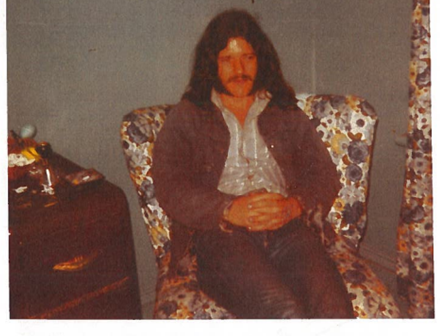Police in a central Ontario city have cracked a cold case that began when recreational divers found a skull in a river.
The divers found it - but no other remains - about 130 feet from shore on July 10, 1988, and alerted police.
A postmortem examination concluded that the skull belonged to a male homicide victim.
Thanks to recent advancements in DNA testing technology, the remains have now been positively identified as Gerald Durocher.
Born in November 1949, Durocher was 38 at the time of his death. Peterborough Police believe that Durocher had connections throughout Ontario as well as in the Quesnel area of central British Columbia.
They are encouraging anyone with information about Durocher or his death to come forward.
"We know that even small details can make a big difference in solving cold cases," said Det. Const. Lacey White.
In October 2021, the Peterborough Police Service partnered with Othram, a forensic DNA lab in Texas, and the Ontario Forensic Pathology Service to submit evidence for advanced DNA testing.
Using forensic-grade genome sequencing, Othram scientists created a comprehensive DNA profile that enabled forensic genealogists to identify potential relatives.
Police followed up by interviewing these relatives, and subsequent confirmatory DNA testing led to the identification of Durocher.
For decades, the case remained a mystery, with various investigative methods employed in attempts to identify the "Otonabee River Man." Now, with a confirmed identity, investigators are renewing their efforts to uncover further details surrounding Durocher’s death.
Anyone with information is asked to contact Detective Constable White at 705-876-1122 ext. 266, the Peterborough Police Crime Line at 705-876-1122 x555, or Crime Stoppers at 1-800-222-TIPS or online at www.stopcrimehere.ca.
Peterborough-Northumberland Crime Stoppers has offered a $5,000 reward for information leading to an arrest in this case.



